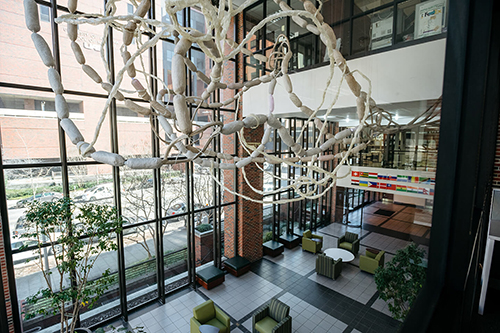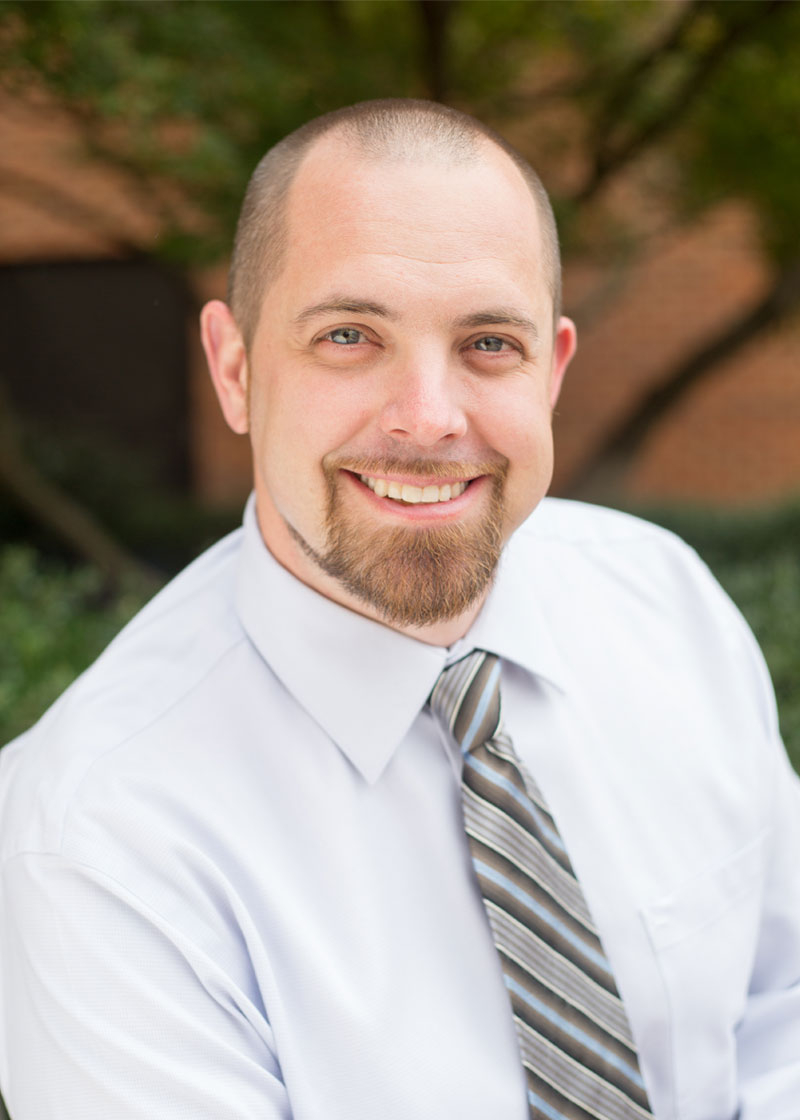Welcome to the Undergraduate Neuroscience Program
 Interested in pursuing a career in medicine, research, or other health-related disciplines?
Interested in pursuing a career in medicine, research, or other health-related disciplines?
The Undergraduate Neuroscience Program is an interdisciplinary program between the Department of Neurobiology in the Heersink School of Medicine and the Department of Psychology in the College of Arts and Sciences. It provides the platform for an innovative, interdisciplinary program that offers a broader knowledge of the field of neuroscience through extensive coursework and cutting edge research.
What is Neuroscience?
Neuroscience seeks to understand how the nervous system functions, at levels ranging from molecules to genes to cells to brain systems serving cognitive functions and behavior. The field is growing explosively, with dramatic progress being made at all levels of analysis of nervous system function.
Why Neuroscience at UAB?
- A curriculum to match career goals: Students earning the B.S. in neuroscience at UAB will be well-suited for admission into the nation’s most prestigious graduate programs, medical schools, and health-related professional programs. The major is flexible enough for students to select courses that will prepare them for a variety of career options, including research, medicine, public health, dentistry, optometry, veterinary medicine, and other health-related professions.
- Cutting-edge interdisciplinary major: This major is an integrative collaboration between the Department of Psychology in the College of Arts and Sciences and the Department of Neurobiology in the Heersink School of Medicine. This unique partnership provides students with comprehensive experience in the scientific process, critical thinking, problem solving, scientific methodology, and in communication.
- Hands-on lab-based research opportunities: Neuroscience majors are required to be continuously engaged in research under the guidance of a faculty mentor beginning no later than the first semester of their junior year. However, qualified students may identify a mentor and begin conducting research as early as their freshman year.
- Faculty mentoring and career counseling: Students are mentored in the development of skills in scientific methodology, experimental analysis, and effective oral and written communication. Students are also provided one-on-one academic and career counseling to identify professional programs most suited to their strengths and interests—and develop strategies to be competitive applicants to these programs.
Program Directors

Cristin Gavin
Co-Director, UNP
Assistant Professor, Department of Neurobiology
Email:

Robert Sorge
Co-Director, UNP
Assistant Professor, Department of Psychology
Email: